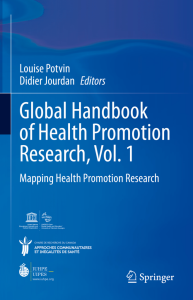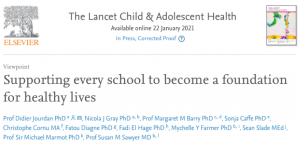On the 10th of November 2022 JOGG (Healthy Youngsters with a Healthy Future) will launch their new free E-learning: Challenging the obesogenic environment – Towards a Community-Based Approach.
Sharing knowledge, skills and good examples forms the basis of the Dutch JOGG-approach. They believe that learning from each other’s experiences, successes and mistakes is the best way to move forward together. Tackling excess weight and obesity is a major and complex issue facing governments, organisations and programmes worldwide. Despite cultural and local differences, the challenges we face are surprisingly similar. That’s why JOGG joined forces with Maastricht University to create the free E-learning: Challenging the obesogenic environment – Towards a Community-Based Approach.
In this E-learning professionals and others who are interested will learn how to set up and facilitate a community-based approach (CBA) focused on creating healthy environments that will enable children and young people to have a healthy future.
The E-learning can provide extra support in setting up a community based approach. Professor in Health Promotion, Stef Kremers of Maastricht University, will introduce the E-learning in 45 minutes.
Location: Online via Zoom. Link will follow after registration.
When: November 10th, 14.00 – 14.45 (CET, GMT +1)
Register: here, before November 4th
‘It takes a village to raise a child’




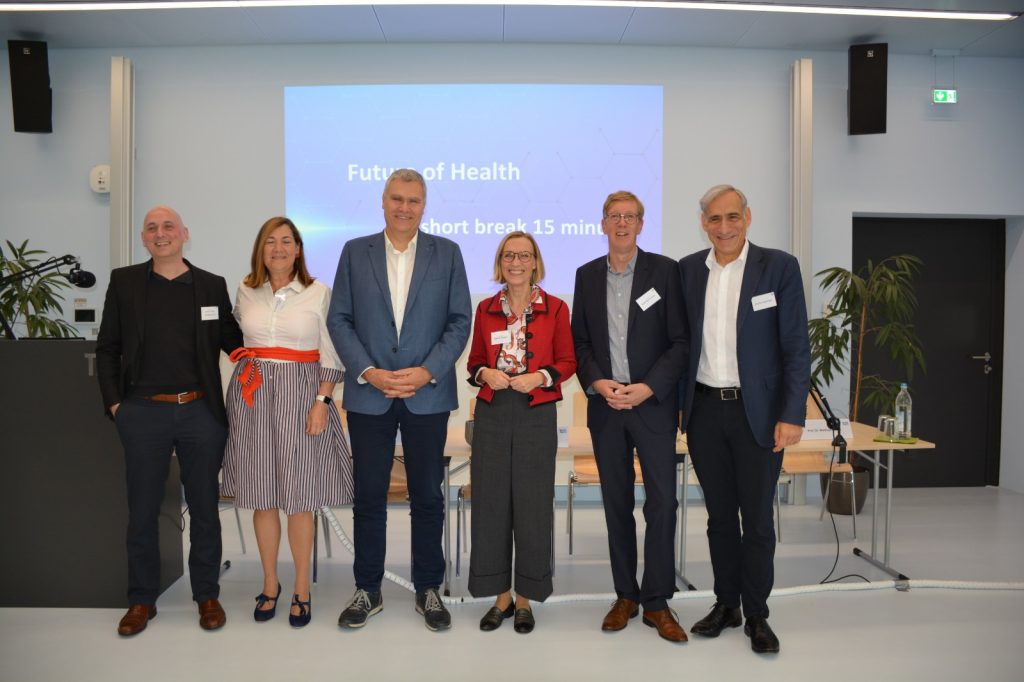
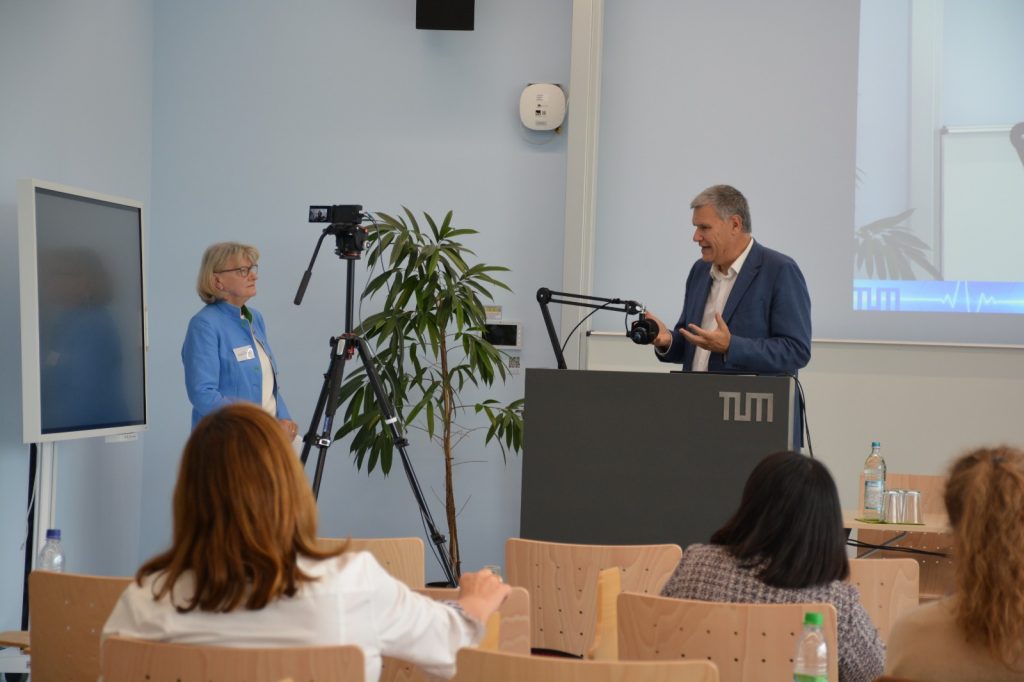
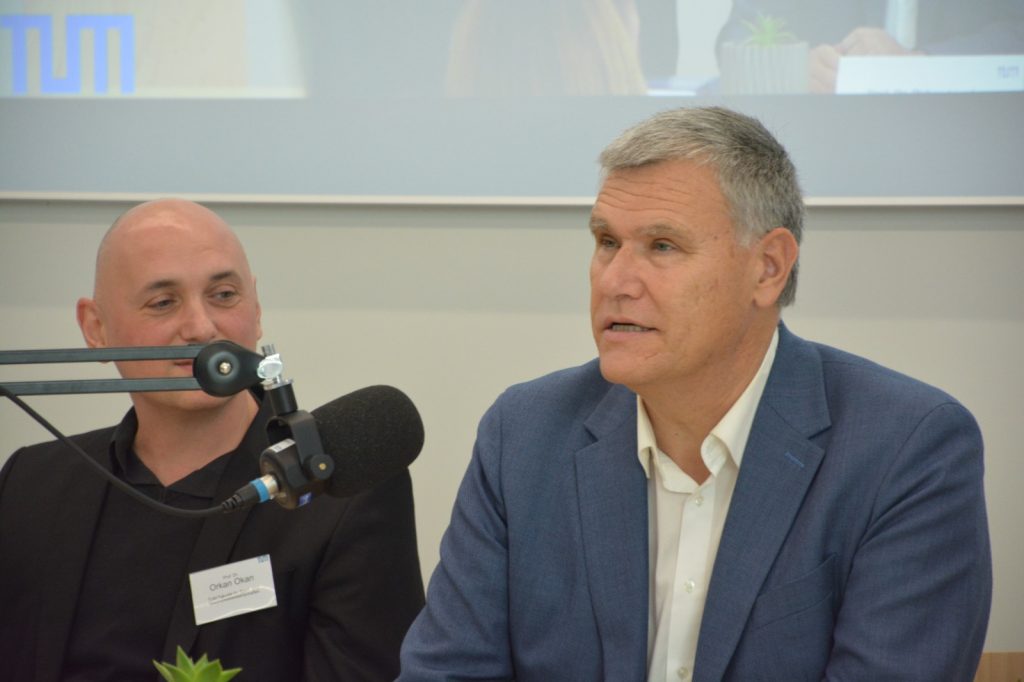







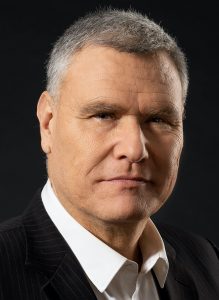 About Didier Jourdan
About Didier Jourdan